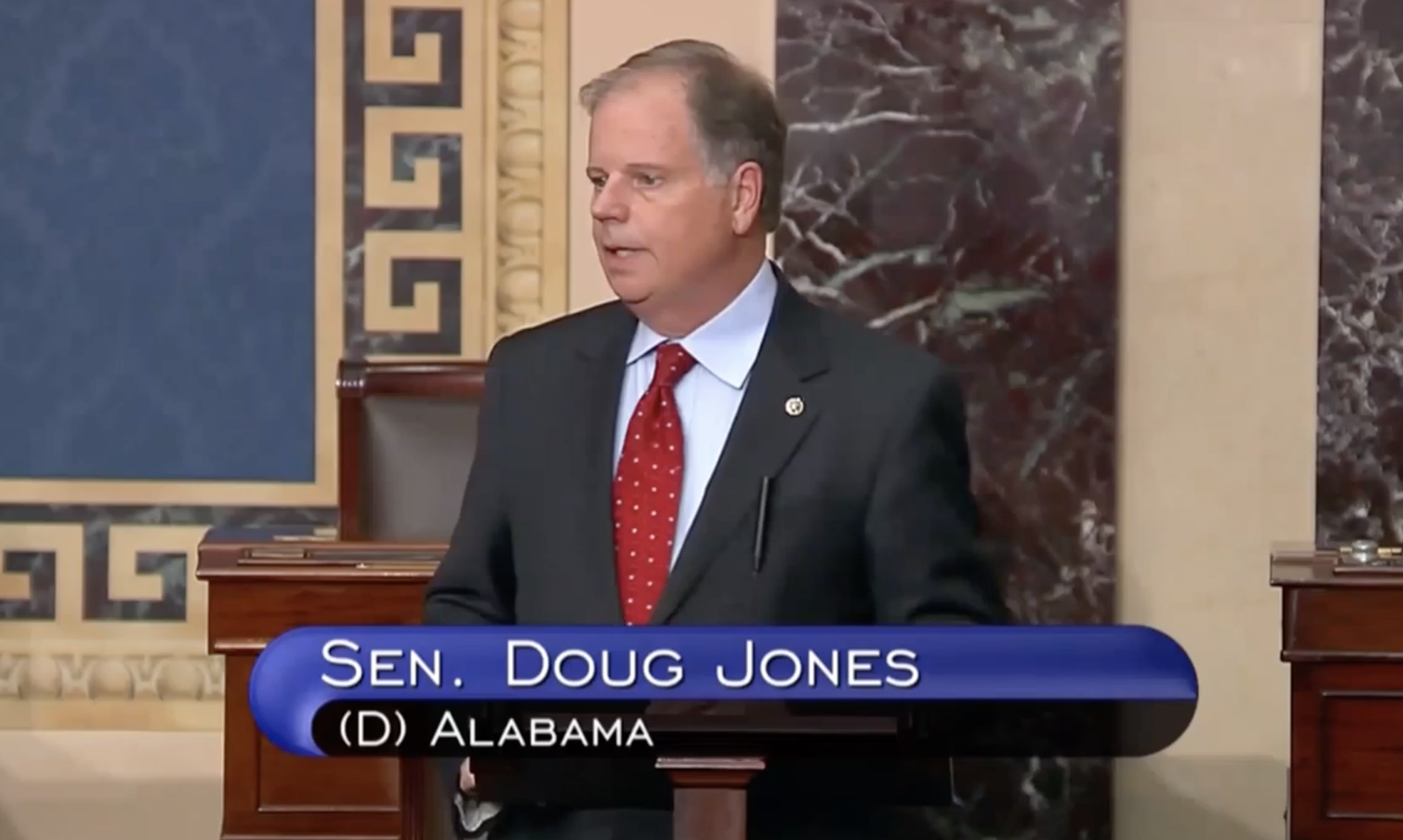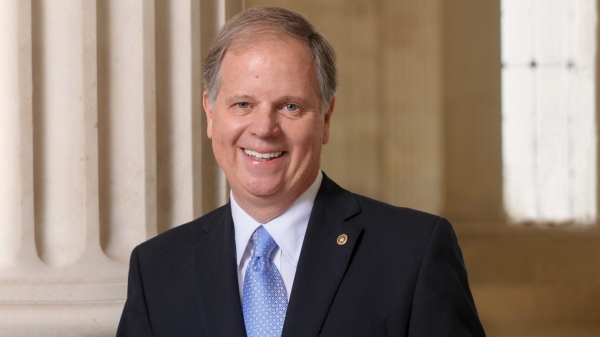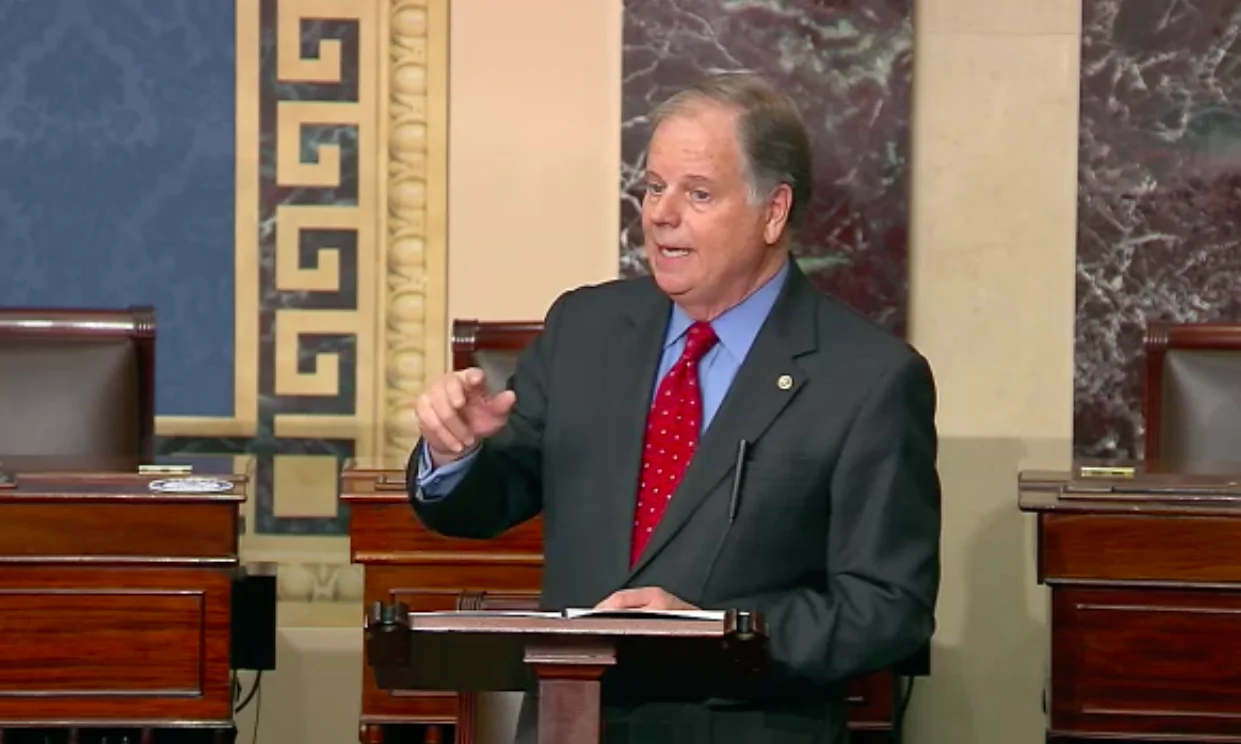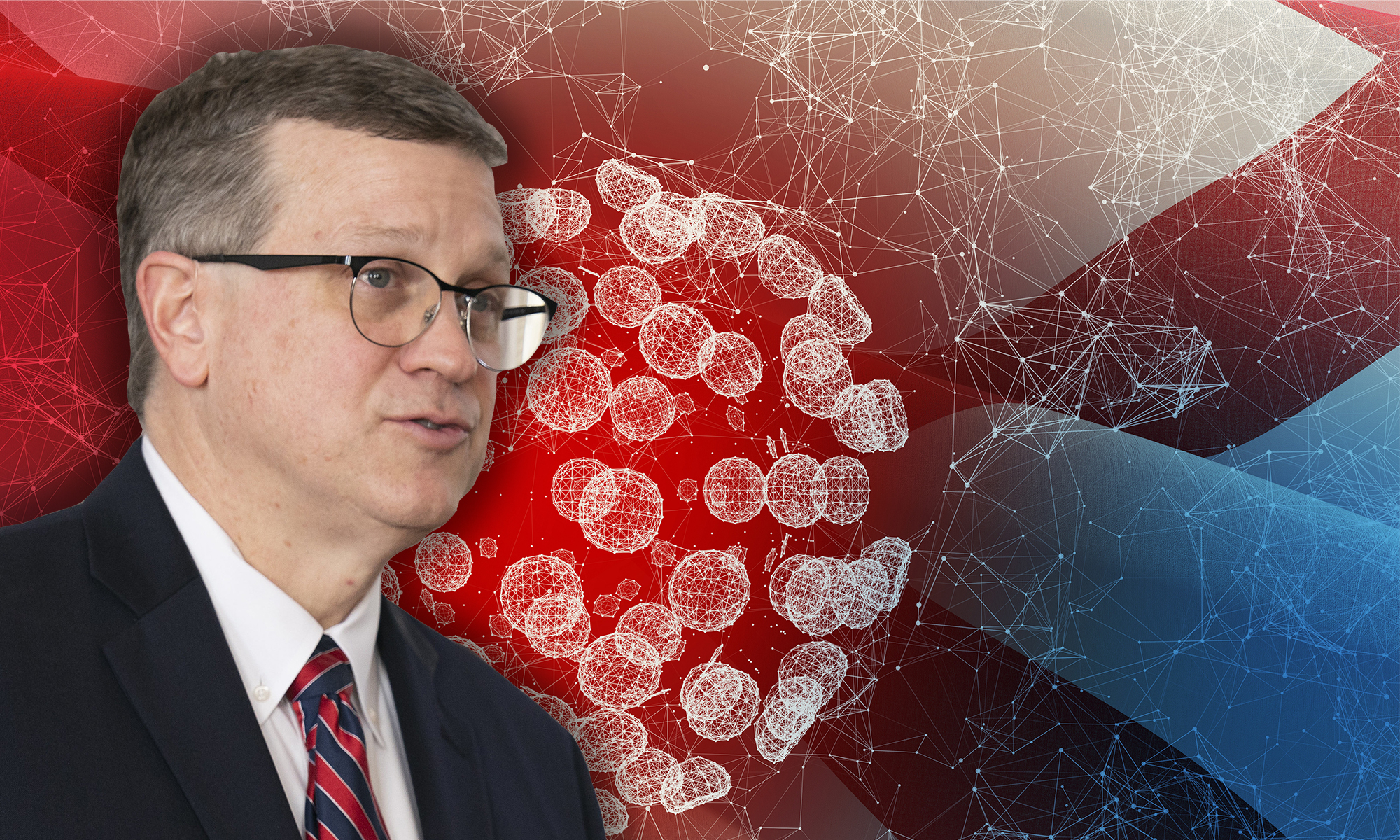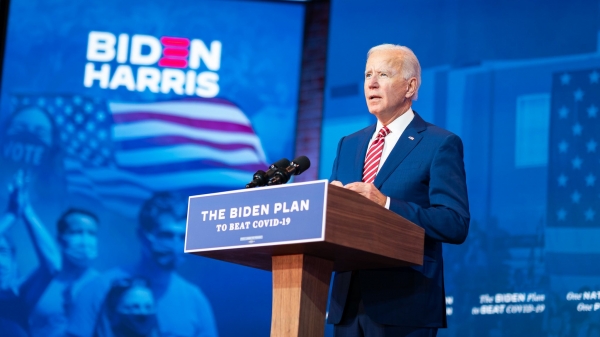U.S. Senator Doug Jones, D-Ala, has introduced legislation to help families get what are often hard-fought diagnoses for children with rare diseases, many of whom die without the proper care.
Jones joins the bipartisan bills co-sponsors, Susan Collins, R-Maine, Martha McSally, R-Ariz., and Bob Menendez, D-N.J. in supporting Congress’s version of the Ending the Diagnostic Odyssey Act, which would expand coverage for children on Medicaid to help cover costly Whole Genome Sequencing tests that can identify rare diseases and get children life-saving treatment.
Sharon Terry, president and CEO of the Washington D.C.-based nonprofit Genetic Alliance, told APR on Tuesday that the kind of help this bill can give families would have been helpful to her own family decades ago.
It took years of trying to get answers before her two children were diagnosed in 1994 with Pseudoxanthoma elasticum, known as PXE, a genetic disease that can affect the skin, eyes and heart, Terry said.
“It was it was very traumatic to learn that, and we have been trying for years to get a diagnosis,” Terry said, adding that at the time they family didn’t expect the prognosis to be as bad as it was. “Turns out it was in fact something that we would like to have known sooner, which is why I’m supportive of this act.”
Had the family known sooner, it would have given more time to help find treatments for the rare disease, Terry said.
“If we can find these kids, number one, many of them will actually get better management of the disease at least, if it isn’t good treatment, and then to we could put these kids into registry sooner and do research sooner and be able to give them a better chance of having a normal
life,” Terry said.
An August 2019 study by the Rady Children’s Institute of Genomic Medicine that found that genetic testing for 42 infants identified 14 more rare disease diagnosis than standard care would have, and saved between $100,000 and $1.1 million for medical care across all 42 infants.
“Whole Genome Sequencing has been a groundbreaking development for Americans with undiagnosed conditions and rare diseases,” Jones said in a statement. “Expanding children’s access to these services will save lives and provide hope to families through improved diagnostic and treatment options. In Alabama, UAB and HudsonAlpha are leading the way to help bring these life-saving services to families.”
It can typically take between five and seven years for children with rare diseases to get a proper diagnosis, and 30 percent of those children die before the age of five, according to the National Institutes of Health. About 80 percent of the approximately 7,000 rare diseases known today are genetic, and half of all rare diseases affect children.
About 400,000 Alabamians have a rare disease, according to Dr. David Bick, a geneticist and faculty investigator at HudsonAlpha Institute for Biotechnology and a member of the Alabama Rare Disease Advisory Council.
More than 100 patient advocacy organizations have signed support for the Ending the Diagnostic Odyssey Act, including the Genetic Alliance, the Parent Project Muscular Dystrophy, Tuberous Sclerosis Alliance, Alström Syndrome International, Epilepsy Foundation, and the Asthma and Allergy Foundation of America.




































